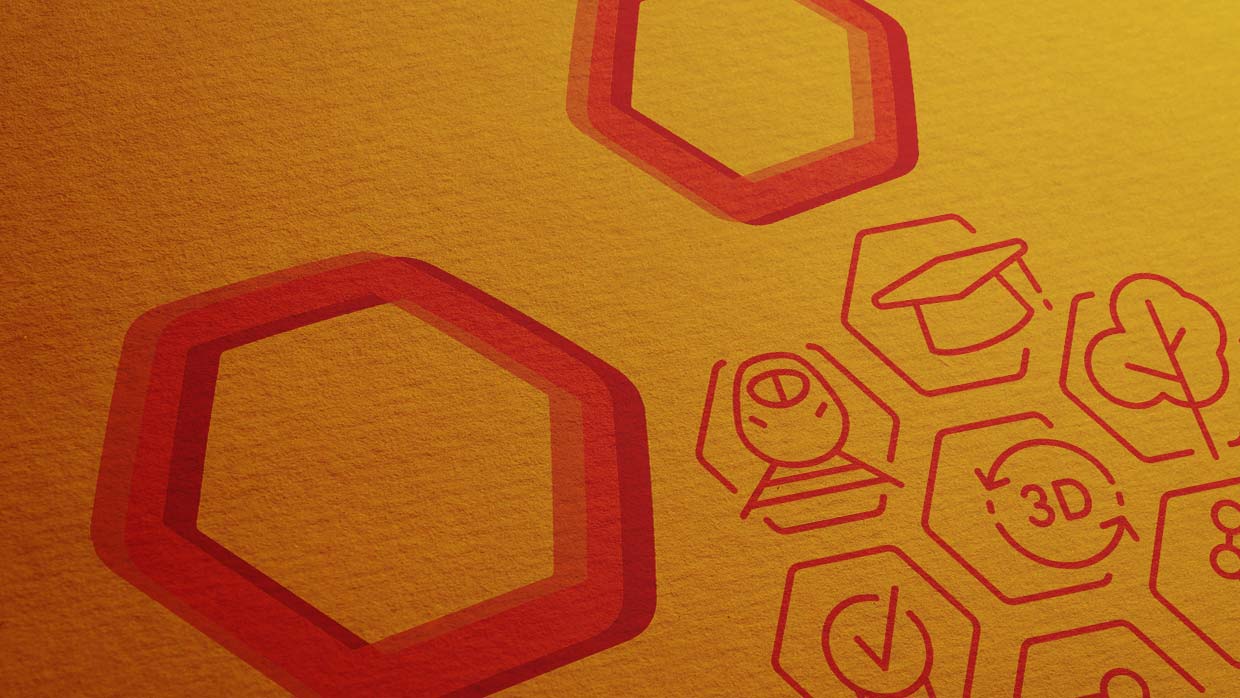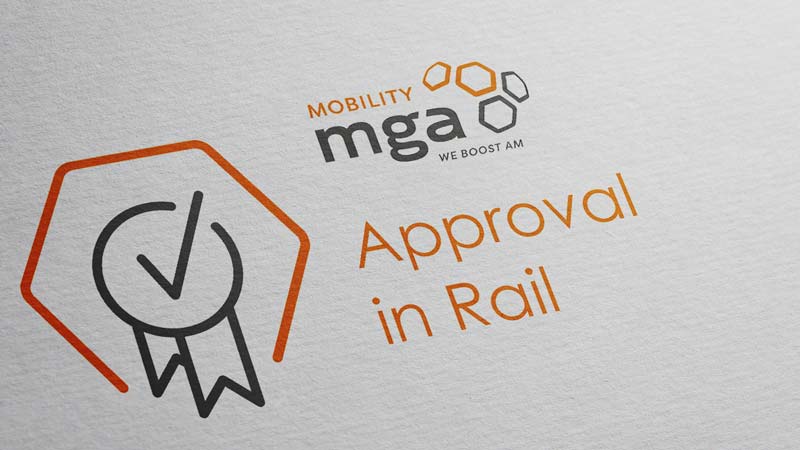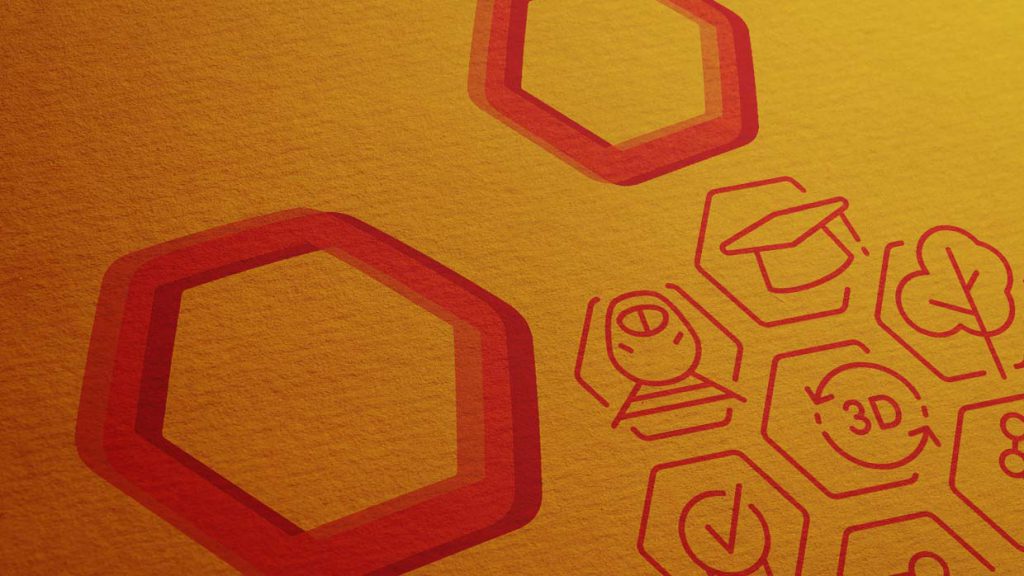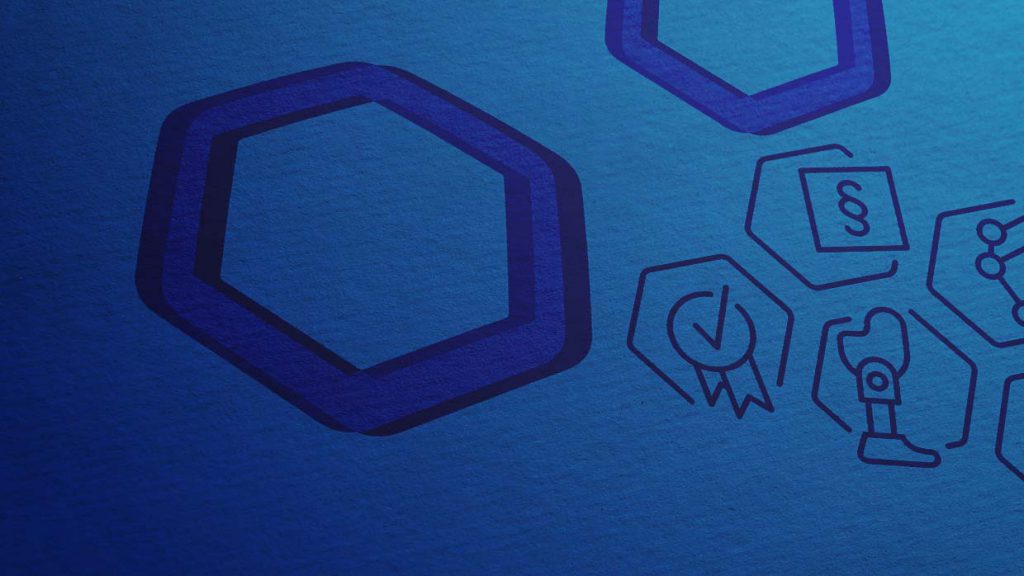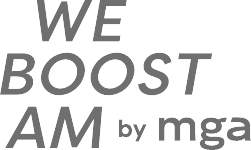[vc_row][vc_column][vc_column_text]
Workshop Review
Last week, a workshop was held at the Federal Ministry for the Environment, Nature Conservation and Nuclear Safety to develop the environmental policy design of additive manufacturing.
[/vc_column_text][/vc_column][/vc_row][vc_row][vc_column width=”1/2″][vc_column_text]Strategy Workshop on 5 February 2020 at the German Federal Ministry for the Environment, Nature Conservation and Nuclear Safety (BMU), Berlin[/vc_column_text][/vc_column][vc_column width=”1/2″][/vc_column][/vc_row][vc_row][vc_column width=”1/2″][vc_column_text]An exciting debate between the experts came up on potentially harmful printer emissions in private households but also in the industry. For us as a network it is important to not limit the view on possible risks on one angle but to highlight the great potential in sustainability of additive manufacturing.
It is understood that 3d printing has a much lower material consumption compared to traditional processes. However, the layer-by-layer structure also allows design freedom concerning structures. Those follow the logic “form follows function” and thus allow components to be designed much more easily.[/vc_column_text][/vc_column][vc_column width=”1/2″][vc_column_text]
The energy consumption during the AM production process was seen critically. However, the energy input cannot be discussed neglecting alternative production processes; in particular in cases when small batch sizes are required and high minimum purchase quantities (e. g. in casting) would cause overproduction.
In our opinion, however, the greatest potential lies in the following point: 3D printing enables a significant extension of the product life cycle of high investment goods as individual spare parts can be made available for longer which reduces the environmental footprint. Thanks to more local production with AM a lot of transportation requirements are reduced.
The workshop provided a good opportunity to discuss many issues which we are going to take up and deepen in the relaunch of our Ecological Sustainability working group shortly. If you are interested in participating, please contact us.[/vc_column_text][/vc_column][/vc_row]
